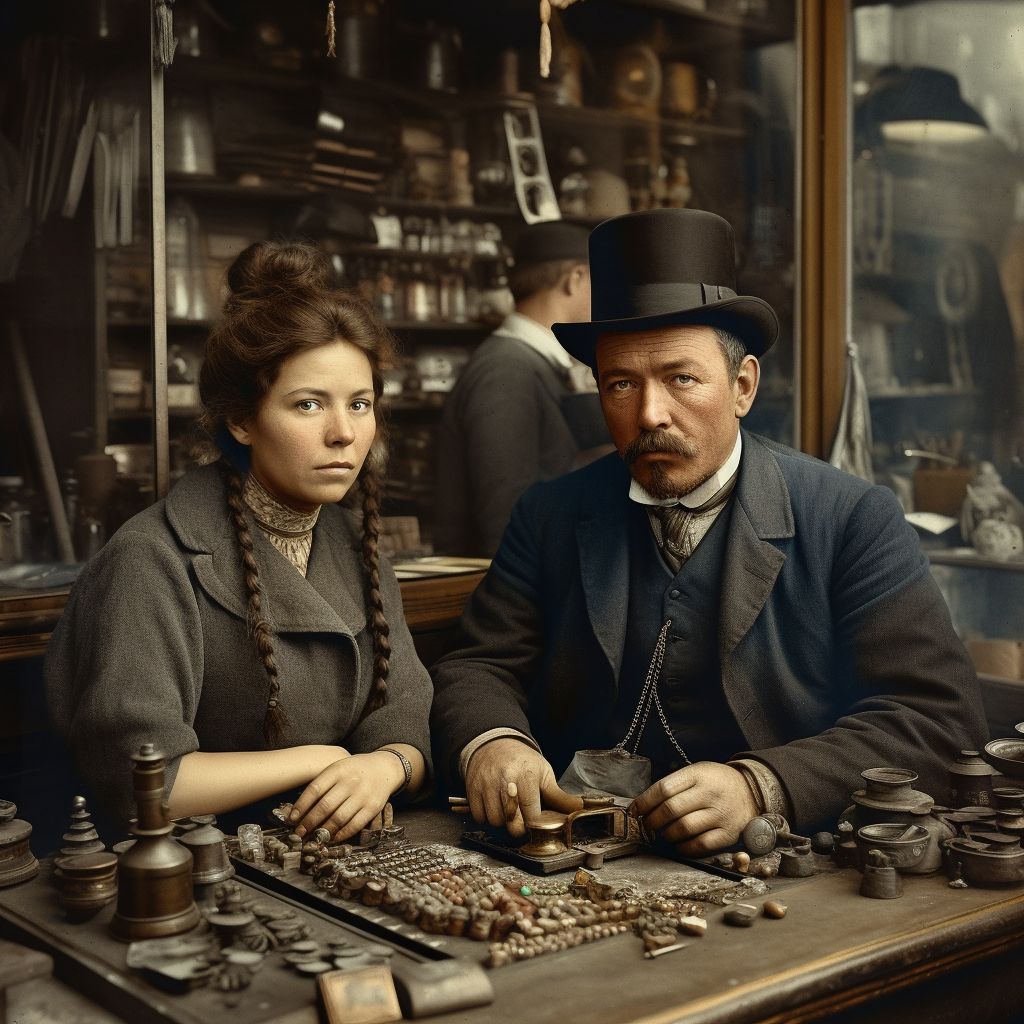Pawnbroker
In the latter half of the 19th century, pawnbroking has emerged as an essential financial service in the United States. With the growth of urban centers and the increasing need for short-term loans, pawnbrokers have become crucial facilitators of financial transactions for those in need of quick cash. This article delves into the role of pawnbrokers in the late 19th century, their operations, and the impact of their services on the community.
The Role of Pawnbrokers
Pawnbrokers are individuals or businesses that provide short-term, collateral-based loans to individuals who need immediate access to funds. They accept a wide variety of valuable items as collateral, such as jewelry, watches, musical instruments, and tools. Upon agreeing to the loan, the borrower is given a fixed period to repay the loan, including interest. If the borrower fails to repay the loan within the allotted time, the pawnbroker retains the right to sell the collateral to recoup the loan amount and any accrued interest.
Operations
To maintain a successful pawnbroking business, pawnbrokers must possess keen knowledge of the value of various items, as well as an understanding of the local market demand for these goods. This knowledge is critical to ensure that they can accurately appraise collateral and set fair loan terms for their customers. In addition to providing loans, pawnbrokers often operate as second-hand retailers, selling unclaimed collateral and other goods acquired through their operations.
Pawnbroking and the Community
Pawnbrokers serve a crucial role in their communities by offering accessible financial services to individuals who may not have access to traditional banking services. They cater to a diverse clientele, including laborers, small business owners, and families in need of short-term financial assistance. By providing an avenue for people to access quick cash in times of need, pawnbrokers contribute to the financial stability of their communities.
Regulation and Perception
As with any financial service, pawnbroking is subject to government regulation and oversight to ensure fair practices and protect consumers. While some individuals may view pawnbrokers with skepticism due to the nature of their business, many pawnbrokers take pride in their role as providers of essential financial services and strive to operate with integrity and professionalism.
In conclusion, pawnbroking in the late 19th century serves as a crucial financial service for those in need of short-term loans. Through their expertise in appraising collateral and offering fair loan terms, pawnbrokers provide valuable support to their communities and contribute to the overall stability of the financial landscape. As the United States continues to grow and evolve, pawnbroking will undoubtedly remain a significant aspect of the nation's financial fabric.
Type
Public Services

